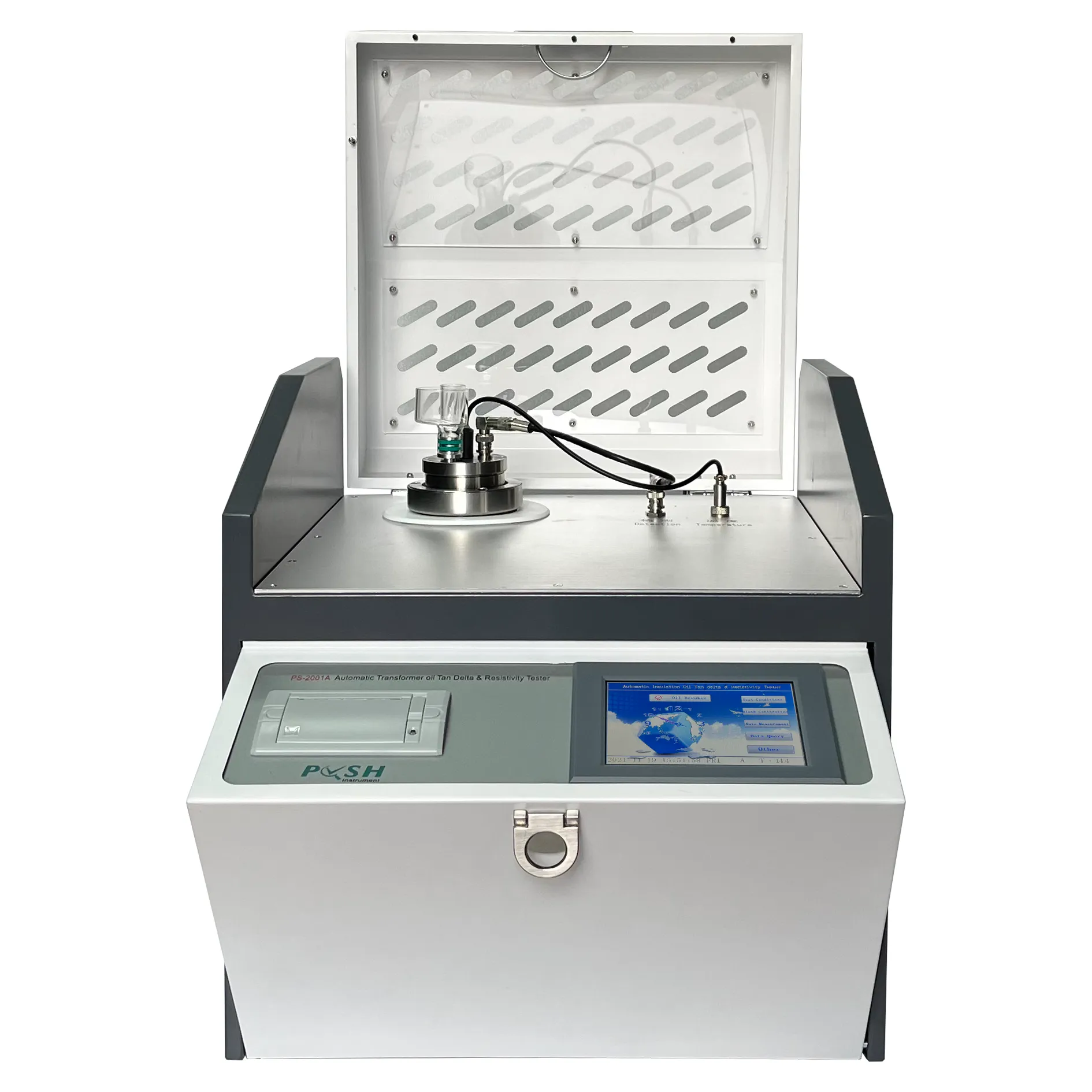 English
English



-
 Afrikaans
Afrikaans -
 Albanian
Albanian -
 Amharic
Amharic -
 Arabic
Arabic -
 Armenian
Armenian -
 Azerbaijani
Azerbaijani -
 Basque
Basque -
 Belarusian
Belarusian -
 Bengali
Bengali -
 Bosnian
Bosnian -
 Bulgarian
Bulgarian -
 Catalan
Catalan -
 Cebuano
Cebuano -
 China
China -
 China (Taiwan)
China (Taiwan) -
 Corsican
Corsican -
 Croatian
Croatian -
 Czech
Czech -
 Danish
Danish -
 Dutch
Dutch -
 English
English -
 Esperanto
Esperanto -
 Estonian
Estonian -
 Finnish
Finnish -
 French
French -
 Frisian
Frisian -
 Galician
Galician -
 Georgian
Georgian -
 German
German -
 Greek
Greek -
 Gujarati
Gujarati -
 Haitian Creole
Haitian Creole -
 hausa
hausa -
 hawaiian
hawaiian -
 Hebrew
Hebrew -
 Hindi
Hindi -
 Miao
Miao -
 Hungarian
Hungarian -
 Icelandic
Icelandic -
 igbo
igbo -
 Indonesian
Indonesian -
 irish
irish -
 Italian
Italian -
 Japanese
Japanese -
 Javanese
Javanese -
 Kannada
Kannada -
 kazakh
kazakh -
 Khmer
Khmer -
 Rwandese
Rwandese -
 Korean
Korean -
 Kurdish
Kurdish -
 Kyrgyz
Kyrgyz -
 Lao
Lao -
 Latin
Latin -
 Latvian
Latvian -
 Lithuanian
Lithuanian -
 Luxembourgish
Luxembourgish -
 Macedonian
Macedonian -
 Malgashi
Malgashi -
 Malay
Malay -
 Malayalam
Malayalam -
 Maltese
Maltese -
 Maori
Maori -
 Marathi
Marathi -
 Mongolian
Mongolian -
 Myanmar
Myanmar -
 Nepali
Nepali -
 Norwegian
Norwegian -
 Norwegian
Norwegian -
 Occitan
Occitan -
 Pashto
Pashto -
 Persian
Persian -
 Polish
Polish -
 Portuguese
Portuguese -
 Punjabi
Punjabi -
 Romanian
Romanian -
 Russian
Russian -
 Samoan
Samoan -
 Scottish Gaelic
Scottish Gaelic -
 Serbian
Serbian -
 Sesotho
Sesotho -
 Shona
Shona -
 Sindhi
Sindhi -
 Sinhala
Sinhala -
 Slovak
Slovak -
 Slovenian
Slovenian -
 Somali
Somali -
 Spanish
Spanish -
 Sundanese
Sundanese -
 Swahili
Swahili -
 Swedish
Swedish -
 Tagalog
Tagalog -
 Tajik
Tajik -
 Tamil
Tamil -
 Tatar
Tatar -
 Telugu
Telugu -
 Thai
Thai -
 Turkish
Turkish -
 Turkmen
Turkmen -
 Ukrainian
Ukrainian -
 Urdu
Urdu -
 Uighur
Uighur -
 Uzbek
Uzbek -
 Vietnamese
Vietnamese -
 Welsh
Welsh -
 Bantu
Bantu -
 Yiddish
Yiddish -
 Yoruba
Yoruba -
 Zulu
Zulu
oil testing machine price
The Evolving Landscape of Oil Testing Machine Prices
In the oil and gas industry, the accuracy of testing equipment plays a crucial role in ensuring product quality and operational efficiency. As environmental regulations become stricter and market demands grow, the need for reliable oil testing machines has escalated significantly. However, one question that often arises in procurement discussions is what are the current trends in oil testing machine prices?
Oil testing machines are essential tools used to evaluate various properties of oil, including viscosity, density, and flash point, among others. These machines offer precise data that are vital for both upstream and downstream applications. The price of these instruments can vary significantly, influenced by multiple factors such as technology advancements, manufacturer reputation, and the specific testing capabilities of the equipment.
The Evolving Landscape of Oil Testing Machine Prices
In terms of pricing, entry-level models suitable for small to medium-sized enterprises are generally more affordable, often ranging from $2,000 to $10,000. These machines typically cover basic testing needs but may lack advanced features. On the other hand, high-end, fully automated oil testing machines can price anywhere from $20,000 to over $100,000, depending on their capabilities and the manufacturer. Companies looking for specialized testing methods or multiple testing functions should budget accordingly, as these machines represent a long-term investment.
oil testing machine price

Additionally, the choice of manufacturer can greatly influence price points. Established companies known for their durability and reliability may command higher prices, yet they often provide superior after-sales service, technical support, and warranties. In contrast, lesser-known brands may offer reduced prices, but this can sometimes come at the cost of quality and support. Therefore, it’s essential for potential buyers to conduct thorough research and assess not just the upfront costs but the overall value offered by various manufacturers.
Seasonal factors and global oil market fluctuations also play a significant role in the pricing of oil testing machines. For instance, periods of high demand for oil may impact production rates and subsequently lead to price hikes in testing equipment. Conversely, during economic downturns, many manufacturers may offer discounts or promotional pricing in an effort to stimulate sales.
As industries worldwide are increasingly emphasizing sustainability and efficient resource management, the demand for reliable oil testing machines is projected to grow. This shift may cause prices to stabilize or even decrease in the face of enhanced competition and technological innovation. Prospective buyers should stay informed about market trends and advancements to make cost-effective purchasing decisions.
In conclusion, when considering the price of oil testing machines, it's important to factor in the machine’s capabilities, manufacturer reputation, and potential long-term benefits. While prices vary widely, making an informed decision can lead to significant improvements in operational efficiency and compliance with industry standards. Investing in quality oil testing equipment not only ensures reliable testing outcomes but also supports the broader goal of maintaining sustainable practices within the oil and gas sector.
-
Ensuring SF₆ Gas Safety: Introducing PUSH’s Integrated SF₆ Analyzer for Dew Point, Purity, and Decomposition MonitoringNewsJul.10,2025
-
Exploring the Main Types of Industrial Endoscopes and Their Applications Across IndustriesNewsJul.04,2025
-
Testing Equipment Industry Sees Major Advancements in 2025: Smart & Precision Technologies Lead the WayNewsJun.06,2025
-
Applications of Direct Current Generators in Renewable Energy SystemsNewsJun.05,2025
-
Hipot Tester Calibration and Accuracy GuidelinesNewsJun.05,2025
-
Digital Circuit Breaker Analyzer Features and BenefitsNewsJun.05,2025



